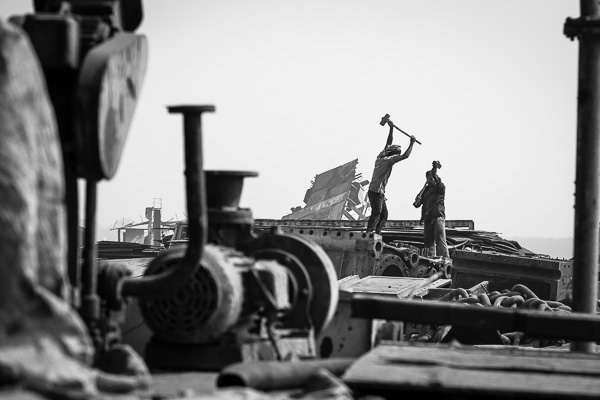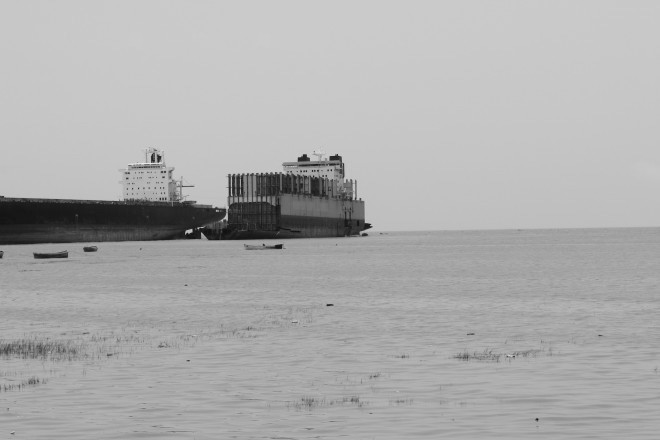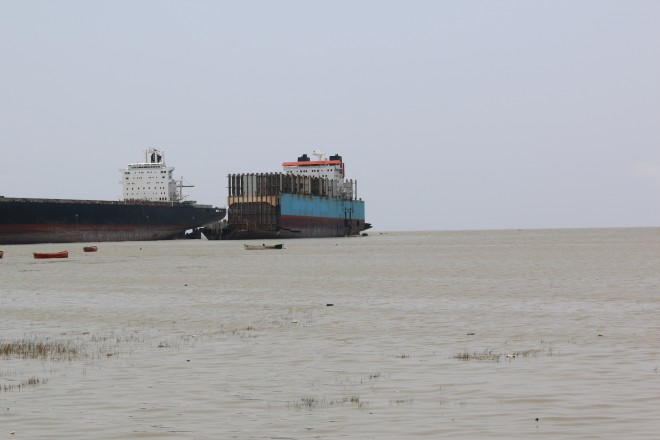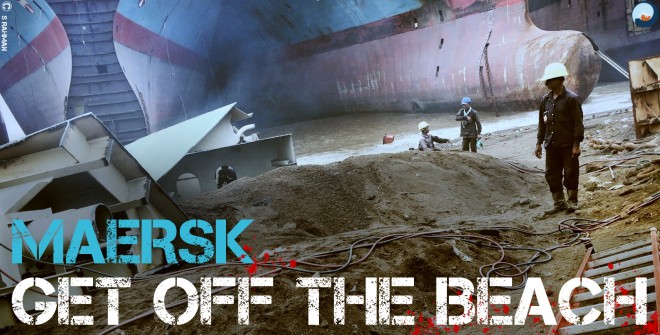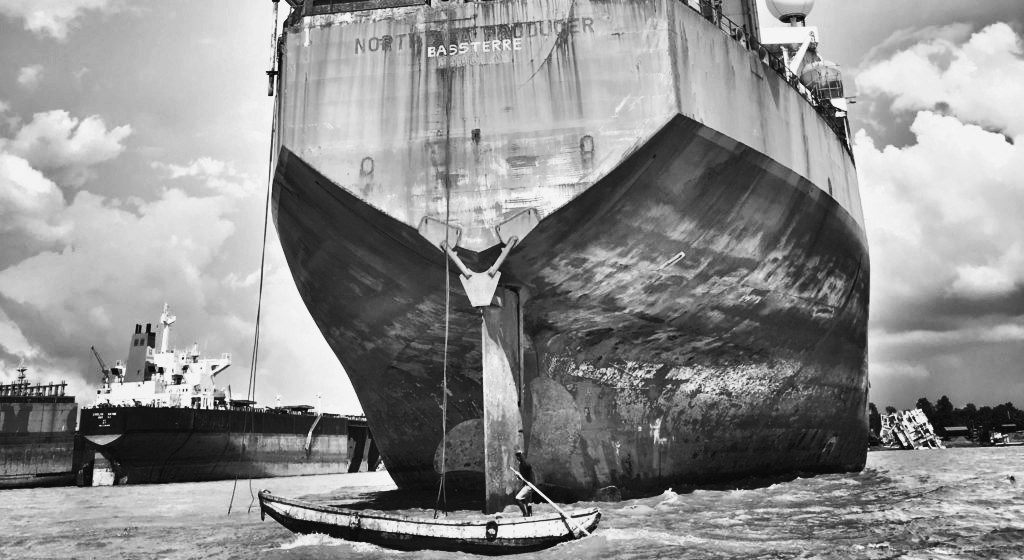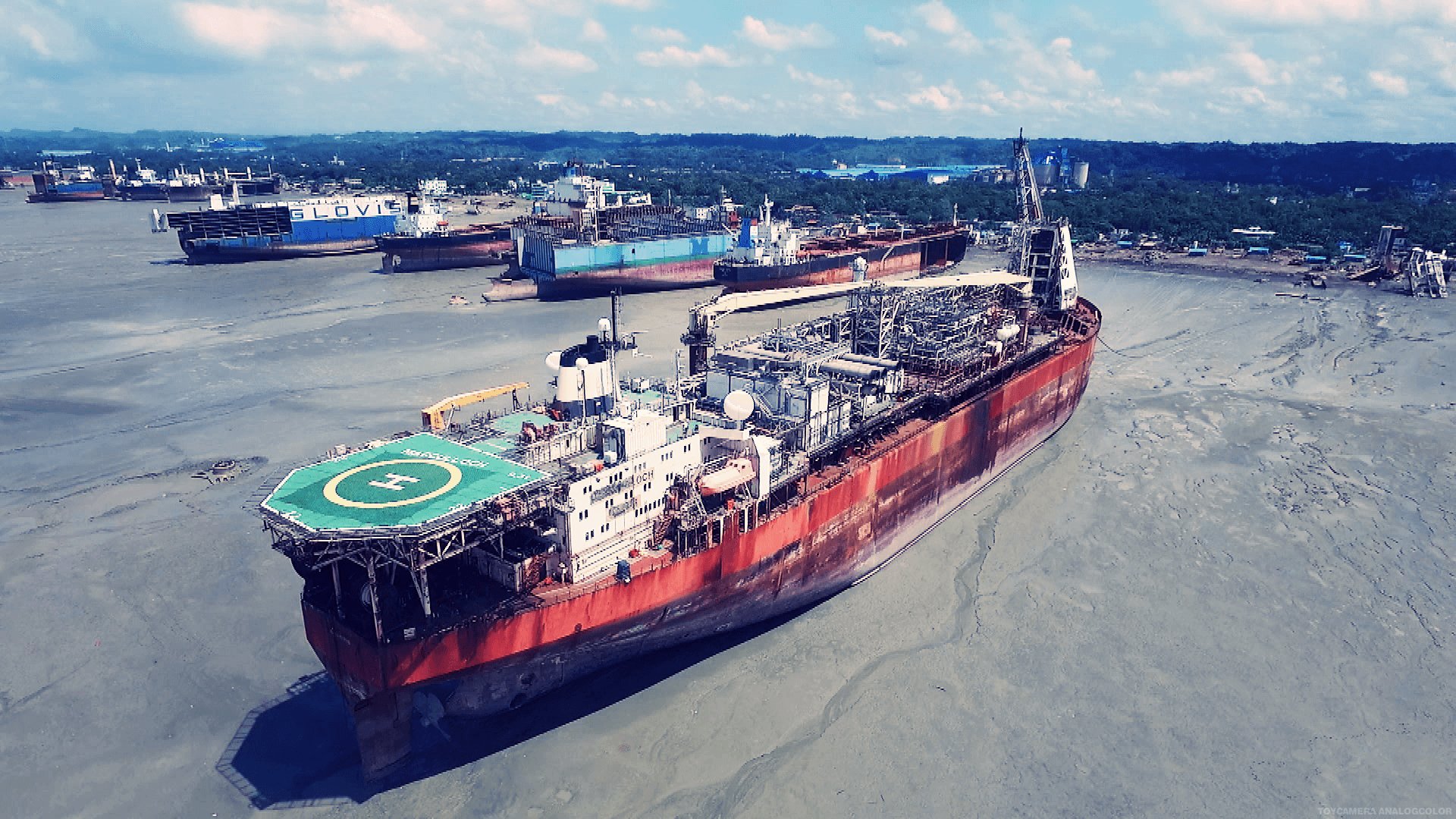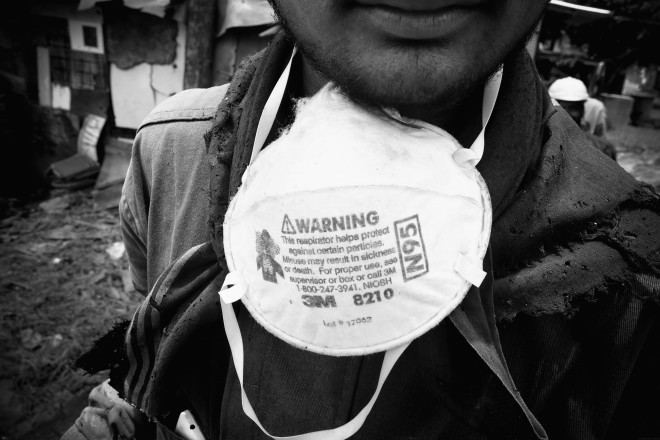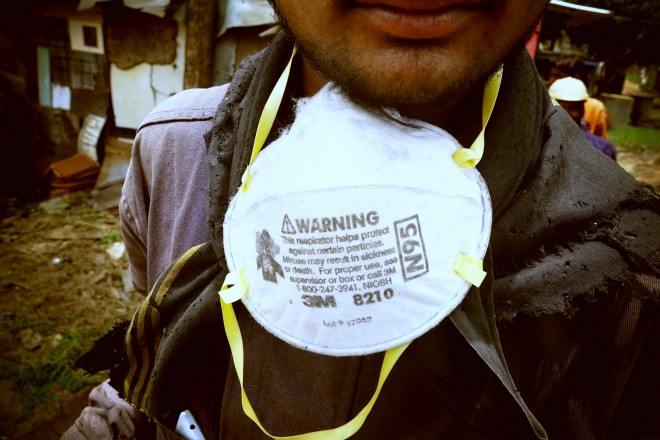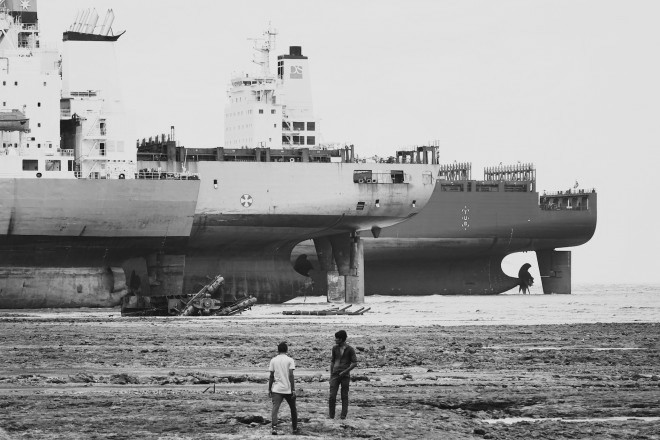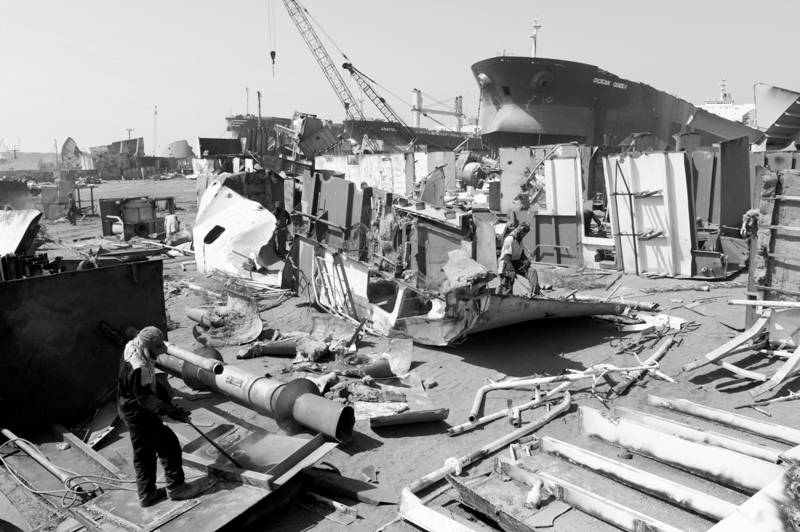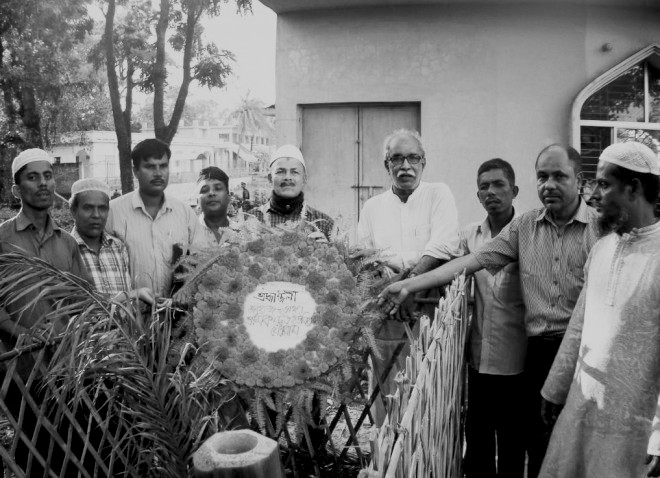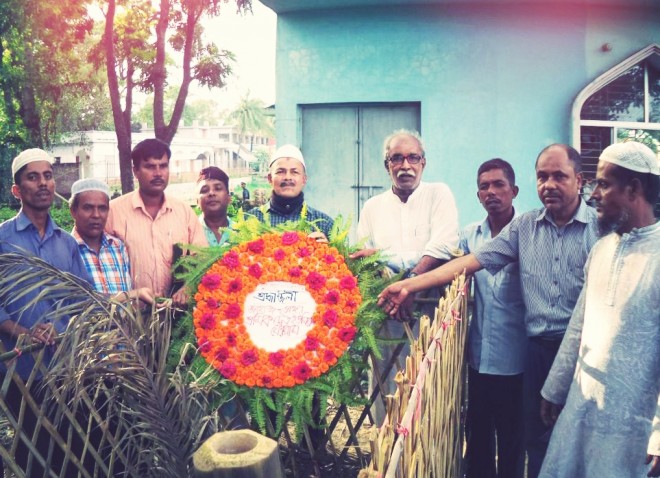On 4 December, worker Shah Jahan was killed on the spot at Arefin shipbreaking yard in Chittagong, Bangladesh, where German container ship “Viktoria Wulff” (IMO 9252101) is currently being dismantled on the beach. The 35-year old man, who was made to work without any safety measures, was struck on the head by a heavy iron piece.
German ship owner Wulff went bankrupt in August and the insolvency administrator is currently selling off the company’s remaining vessels. The “Viktoria Wulff” became the youngest container ship to be sold for demolition at an age of only 10 years without a previous accident.

This is not the first case of fatal accidents in the shipbreaking yards of South Asia that the Platform was able to link to bankruptcies of German ship owners. Last year, the Platform, together with broadcaster NDR, revealed the case of the “King Justus” which was sold after the insolvency of König & Cie. A worker was killed breaking the ship on the beaches of Alang, India. At the time, the Environment Minister of North German state Lower Saxony also criticised NordLB, a bank with a major shipping portfolio overseen by the State Government, for its involvement in the financing of the ship.
In Bangladesh, fatal accidents in the shipbreaking industry remain very frequent, a situation that is widely known – but largely ignored – by the shipping industry, insolvency administrators selling off unwanted ships, as well as by the brokers and cash buyers setting up the end-of-life deals. German owners have had at least 32 old ships ramped up on the beaches of Bangladesh this year. With 83 end-of-life vessels sold to beaching yards in South Asia in 2016, German ship owners top the list of global dumpers together with Greek shipping lines. Several end-of-life sales were in direct breach of the European Waste Shipment Regulation that bans the export of hazardous waste to developing countries. The “Viktoria Wulff” was most probably traded through an anonymous cash buyer using the end-of-life flag St Kitts and Nevis before it was beached in Chittagong.

In an attempt to hide the accident, the yard management kept the body of Shah Jahan inside the premises, but fellow workers and locals rushed to the site and started demonstrating. The body was consequently sent to the morgue of the Chittagong Medical College Hospital. The following day, the worker was quickly buried without a post mortem. Platform member organisations in Bangladesh attended the funeral and now seek to support the victim’s relatives. The family and the yard owners have settled for a one-off payment and a monthly allowance to help them cover their living costs. However, money will not be able to replace Shah Jahan who leaves behind a wife and a young child.

